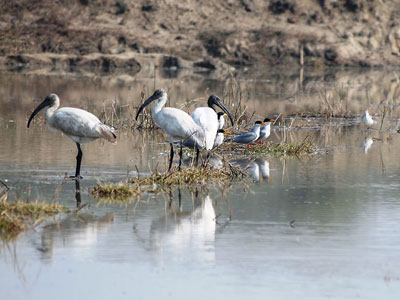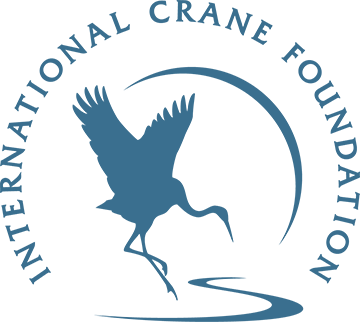 It is well understood that landscapes in India – one of the most populous countries in the world – are undergoing dramatic change. However, much less is known about what is happening to remaining wetlands, and to the birds that need these unique places to survive. In response to these questions, we set about studying how wetlands and waterbirds have changed in Palwal district located in the north Indian state of Haryana.
It is well understood that landscapes in India – one of the most populous countries in the world – are undergoing dramatic change. However, much less is known about what is happening to remaining wetlands, and to the birds that need these unique places to survive. In response to these questions, we set about studying how wetlands and waterbirds have changed in Palwal district located in the north Indian state of Haryana.
What did we find? Using a combination of high-resolution mapping and field surveys, we discovered that Palwal lost over half – 52.6% – of its wetland area between the 1970s and 2000s, largely due to agricultural expansion. In this same time period, Palwal also gained 366 tiny wetlands, and the management of wetlands shifted from more biologically diverse community use areas to smaller, private fish ponds. The fish ponds are dug much deeper than other wetlands, and as a result do not have the vegetation, insects, frogs, and other food items that waterbirds, especially larger birds, need to survive.
As a result, Sarus Cranes were seen in only one wetland during our field surveys – a stark contrast with neighboring Uttar Pradesh, where Sarus are seen in nearly all wetlands. Waterbird communities in Palwal appear to be homogenized, with wetlands in towns and in agricultural areas having identical waterbirds. This is likely a sign that wetlands usable by waterbirds in the district are already too few in number, and as a result the waterbirds must use less optimal wetlands, such as the fish ponds, to survive. Unfortunately, these remaining wetlands are not suitable for larger waterbirds, such as Sarus Cranes, and these birds must move elsewhere to find suitable habitat.
What are the next steps? Conversion of common use wetlands to private fish ponds is illegal in India. Clearly, enforcing the rules is very urgently needed in Palwal to safeguard both wetlands and the waterbirds, such as cranes, that depend on these habitats. Importantly, this work is helping bring attention to these landscapes that were previously not rigorously studied, and discovering complexities of wetland management and ecology previously unknown. Click here to read our full research summary.
 Story submitted by Dr. Gopi Sundar, SarusScape Program Director for the International Crane Foundation. Click here to learn more about our work in South/Southeast Asia.
Story submitted by Dr. Gopi Sundar, SarusScape Program Director for the International Crane Foundation. Click here to learn more about our work in South/Southeast Asia.
